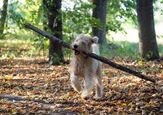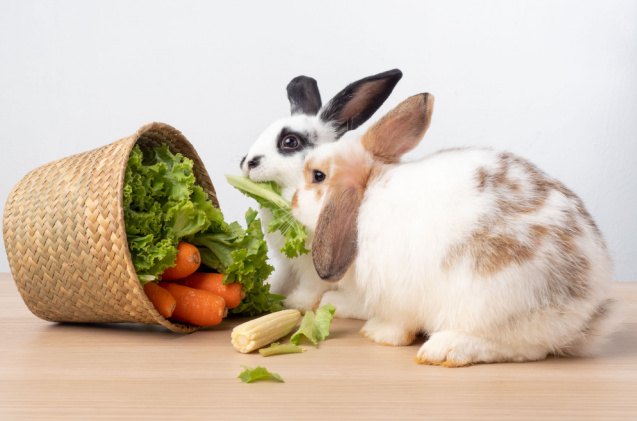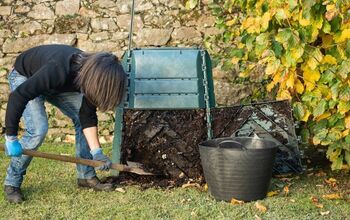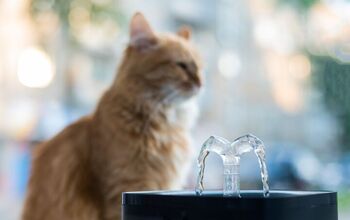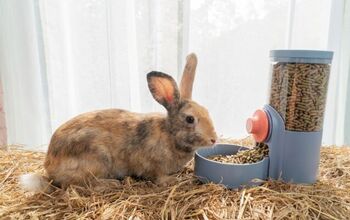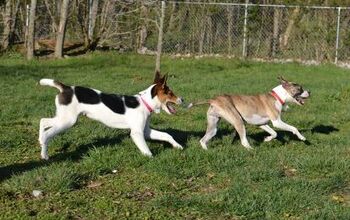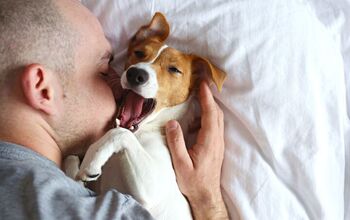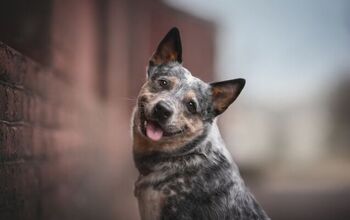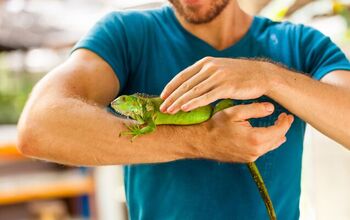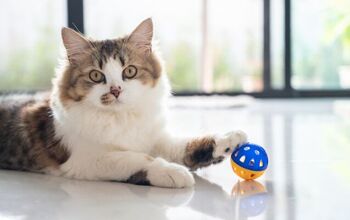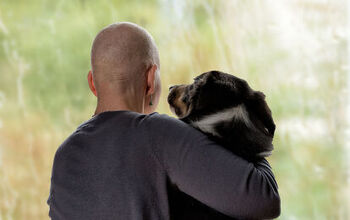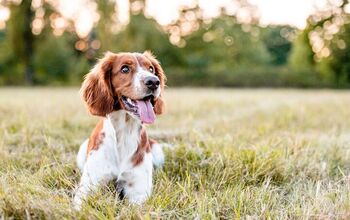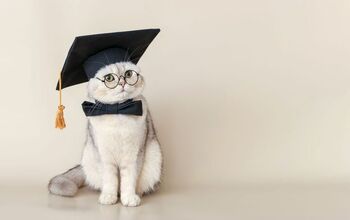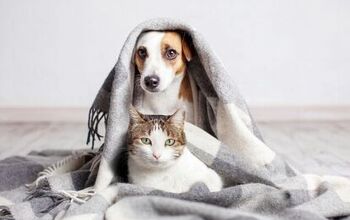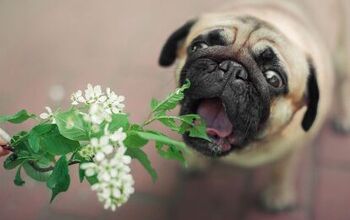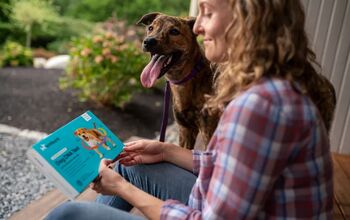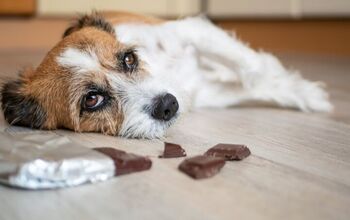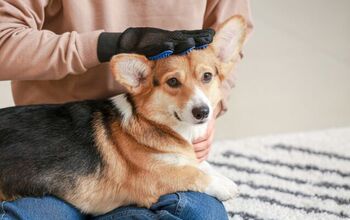What Do Pet Rabbits Eat? Basics of Rabbit Diet

Unlike many pets, rabbis are strict herbivores, which means that they only eat plant-based foods, and not all types of it, to be exact. As grazers, rabbits eat continuously throughout the day rather than having one or two meals like cats or dogs do, as they have somewhat unusual digestive systems. You see, rabbits are so-called “hind-gut fermenters” (like horses), with an organ called “cecum” at the end of their digestive tract that contains microbes that digest the food they ingest. This means that they need a diet very high in fiber, as it will support their digestive health and nourish their gut flora. But, what type of fiber do rabbits need – and is it all rabbits eat, or do they need other types of nutrients to thrive?
What Food Should You Give Your Rabbit?
The most important food in a rabbit’s diet is high-quality timothy hay or another grass hay of their choice, and it should make up for about 75% to 80% of their diet. Hay should be offered freely, in unlimited amounts, so your pet can graze on it throughout the day and get that much-needed fiber the healthy way. In addition to roughage being nutritionally optimal for bunnies, it also supports their dental and gastrointestinal health. By snacking on hay all day long, rabbits slowly file down their teeth – which continue to grow as long as they live – as hay causes the most wear on teeth when compared to other rabbit foods, which is a most desirable trait for a bunny. It minimizes the chances of malocclusion and helps keep their teeth at an optimal length.
What’s more, timothy hay is essential for preventing the formation of trichobezoars, or hairballs, which get lodged in a rabbit’s digestive system and can cause a deadly condition known as GI stasis. Rabbits who don’t have enough roughage in their diet are at a much higher risk for this serious condition, as fiber promotes good intestinal motility and allows the hair your pet ingests through self-grooming to pass normally through the stool, rather than becoming stuck in their intestines.
As for the remaining 25% to 20% of a rabbit’s diet, it should consist of fresh vegetables and a small amount of pellets – which are usually rich in nutrients but too calorie dense to be given freely. Vegetables rabbits can and should eat include leafy greens such as romaine lettuce, carrot tops, parsley, collard greens, kale, watercress, spinach, swiss chard, etc – as well as other types of veggies such as carrots, bell peppers, cucumbers, broccoli, cabbage, Brussel sprout, zucchini, and a few others. Some fruit is OK for rabbits (such as grapes, melons, or bananas) but only once in a while and in very small quantities, as it is too high in sugars for rabbits to properly digest – if you really want to give your pet some fruit, consider it only as a sparse, occasional treat and not as a regular part of their diet.
Foods that Are Toxic to Rabbits
Now that you know what your bunny needs to eat to stay healthy and happy, you should make sure not to mistakenly give your pet any food that could make them sick, or even worse, prove to be fatal for your rabbit. You might not even be intending to feed your pet certain foods but leave them at their reach – and they’ll surely try to get a bite, so it’s important to know what you need to keep out of their greedy paws at all times.
Iceberg lettuce – this might be a surprise, but iceberg lettuce contains a substance called lactucarium which is harmful to rabbits.
Avocados – it contains a substance called persin, which is highly toxic to rabbits and could cause breathing problems and heart failure.
Chocolate – theobromine and caffeine which are commonly found in chocolate are seriously dangerous for bunnies, and when ingested could lead to seizures, arrhythmia, overheating, and respiratory issues.
Pits of fruit or seeds – they can contain cyanide or be a choking hazard.
Onion or garlic – both are highly toxic to rabbits and can cause hemolytic anemia or anaphylactic shock.
Mushrooms – various species can be poisonous to rabbits, causing symptoms ranging from vomiting and diarrhea to organ and neurological damage.
Beans and peas – they cause bloating and gassiness, and can seriously disrupt a rabbit’s digestion.
Rhubarb – all parts of this plant contain oxalic acid, which is highly toxic to rabbits and can negatively affect their health, and in rare cases, even be fatal.
Meat, eggs, dairy products, processed foods – rabbits are herbivores and their digestive system isn’t designed to break down such foods – at the very least, their digestion will be affected, but even a small bit of any of these foods can create serious health problems.
Conclusion
To make sure your rabbit stays healthy and that they are getting all of the nutrients they need from their diet, opt for high-quality grass hay, such as timothy hay. Rich in fiber and good for their dental and digestive health, hay should make up for about 80% of everything your pet eats and should be provided in unlimited amounts. Include a small amount of vet-recommended pellets to up the nutrient intake, and regularly offer rabbit-safe vegetables that will contribute a variety of vitamins and minerals to your pet’s diet. Last but not least, don’t forget to always provide fresh water at all times as rabbits need to drink a lot of it – it hydrates their body, helps with digestion, and flushes out excess calcium out of a bunny’s system.

A proud mama to seven dogs and ten cats, Angela spends her days writing for her fellow pet parents and pampering her furballs, all of whom are rescues. When she's not gushing over her adorable cats or playing with her dogs, she can be found curled up with a good fantasy book.
More by Angela Vuckovic
